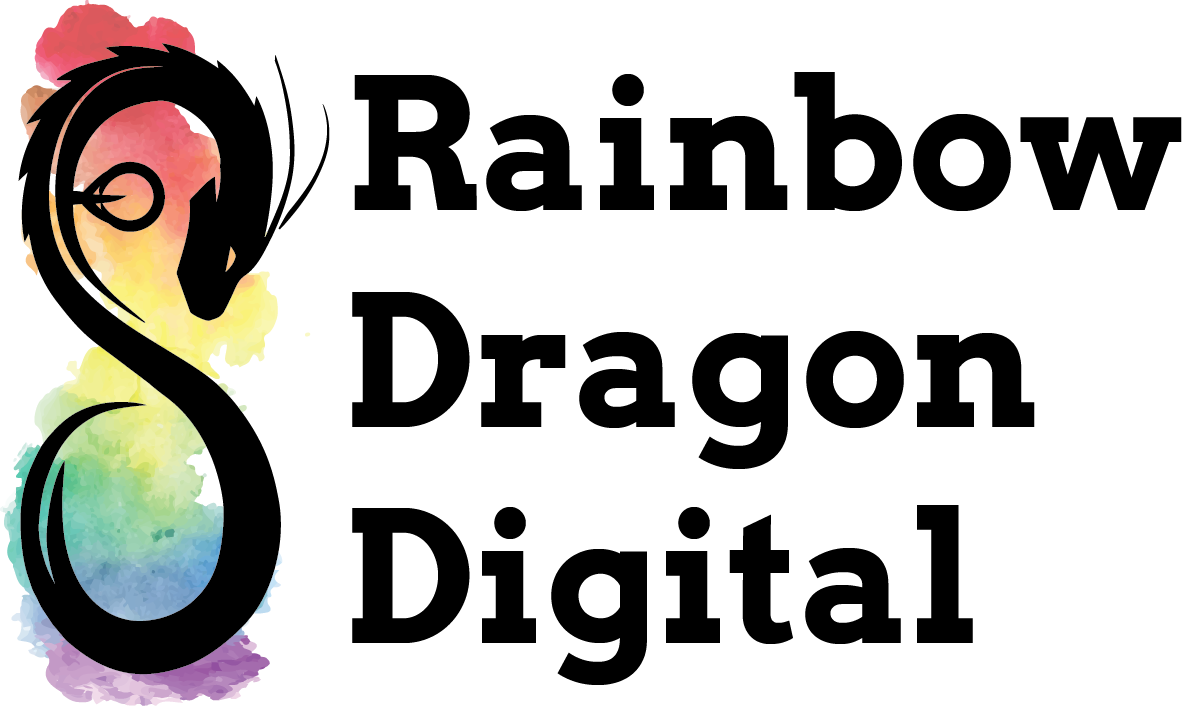When leaders get overloaded, they learn to delegate. But delegation isn’t just about passing over the task to someone else and then dusting your hands clean of it.
Here’s a simple framework that can help you make sure you pass over tasks in a way that’s efficient and ensures the task gets done with minimal delays.
Doing something that’s changing the world and would you like to have a chat with me about it? Click here and fill out the form!
Don’t like videos? Here’s the text version:
In today’s video, I’m going to go through a little framework I made up that will help you dust your hands of tasks when you delegate them.
If you haven’t subscribed to my YouTube channel already please do it will help me a lot and it will mean that you will get notified when I release new videos.
This is Step 5 of the Content Marketing Strategy
Today we’re going to talk about delegating tasks. In the five steps of the, you know, creating a content marketing strategy that I talk about in my other videos, the last step is Managing your Resources. What that usually means is either managing your own time so that you can get it done or managing other people – whether that’s a freelancer, whether that’s a team member – to get the tasks done that you need to do for the channels you’re advertising on in the content you need to produce.
What Most Leaders Do to Delegate Tasks
What a lot of leaders often do when they are delegating a task to someone is they tell them how to do the task – they tell them what to do, or they tell them how to do it – and then they’re done. They absolve themselves of responsibility, they check-in at the end, find out that it hasn’t been done properly and the project gets delayed.
The DUST Framework for Delegating Tasks
Let me explain to you a little framework that I made up for a workshop that I think will be super helpful to you to help you actually release your time and make sure the task still gets done on time.
I call this the DUST framework – to dust your hands off from the task.
The first letter is D. D stands for Define.
What I mean by this is that you need to really clearly define what the task is. This doesn’t just mean explaining the task in your own words and making sure that all of the variables are considered.
What it really means is making sure that the other person has understood what the task is.
It’s not just making sure that you feel you have explained the task well it’s making sure that that person has understood it.
This is especially important for a freelancer, especially a new freelancer, if they are not familiar with your business yet, you need to spend that bit of time making sure that they understand you, you understand them, and you’re both on the same page about this task that needs to be done.
But it’s not only true for freelancers. If your team members are involved it might feel like, eventually, you can start skipping over a lot of this defining as you start having a little bit of a relationship and understanding of each other. However, try to remember to keep in that habit of defining the tasks properly to make sure that nothing slips through the gaps.
The next letter is U and U stands for Updates.
What I mean by this is that you need to make sure that, after you’ve defined the task and you’ve set them on their way, the next time you check in with them is not only at the deadline.
Because if you wait until the deadline, then if there were any problems along the way they might not have brought that up with you.
Usually, with a freelancer, you’ll find that the freelancer will bring up any issues along the way, or probably will schedule updates with you anyway. However, it’s important that you have in your diary updates that are happening so that you can make sure you’re still on the same page with the person you’ve delegated the task to.
This is super important to keep your task on track for the deadline that you’ve set. Otherwise, it’s way too easy to go off deadline because, I don’t know whether you’ve managed tasks before, but in my experience, any project inevitably has something that we didn’t think of at the start or a new problem crops up or, you know, a virus gets released into the world and things have to change!
Having these regular updates means there is a point when you know for sure that you’re going to get an update. It is also just peace of mind for you that you don’t have to keep thinking about this in the back of your head because you know exactly when the next update is coming.
The next letter is S and S stands for Support.
This is really important and one that I feel sometimes leaders don’t want to do because they feel like it’s more work. But if you don’t provide support when it’s needed the task will inevitably take longer.
What I mean by support is that during those updates that you have, you need to be not only checking that you’re still on the same page but also making sure that if any problem has cropped up, the person you’ve delegated to has all the tools that they need to solve that problem themselves.
This is a very important point. You are not there to solve the problems for them you are there to make sure that they have the tools to solve the problems themselves. If you end up solving the problem for them, you will not be delegating anymore you’ll be doing the work and just pressing a button on a person to get bits done.
It’s really important that you’re making sure that you’re empowering the person that you delegated to do the job but you’re providing whatever support you have to provide as the leader. You might be the one who has the information in their head or the one who maybe has creative control so you’ll still need to be involved.
Obviously, support looks slightly different depending on who you’re delegating to. If it’s your team member, support might look a little bit more like you helping them along, teaching them how to use a tool, giving them creative input.
If it’s a freelancer that you’re delegating to you might find that the support involves more like giving creative input, more like just making sure you’re on the same page, and making sure that they know how to use the tools that are integrated into your business.
The last letter is T and T stands for Thank.
This is so important and so many leaders start to slack on this last point.
Thanking is an incredibly important part of the delegation process because it not only means that the person feels gratitude to you for having this task and doing a good job at the task, but it also means that they understand what you like.
Let me explain that a little further. This is essentially positive reinforcement. I’ll give you an example. One of my clients that I work with one day a week, they are really, really good at this. Since the entire team is remote, we have this task management system and every time a task is done or there’s an update on a task that’s come in, they’re really good with saying ‘thank you for doing this in this way it’s really helped me’.
So, as an example, it might be, “Thank you for being really clear about what the problem is here it’s really helped me to understand what needs to be done next. Here’s what I think.”
Or if somebody has said that they’re unable to do something or that they don’t have time, they would say something like, “Thank you for being clear about your boundaries this helps me plan and time this project better.”
Even for things where there’s something that’s not gone right, you can still use thanking as a way to emphasise the parts that you enjoy about working with this person.
It’s also really, really important for morale, especially in a year like 2020, where we’re all needing a little bit of human connection. If you’re forgetting to thank your team members or thank the people that are doing work for you or with you, you’ll start to have less of a positive relationship with those people. But, more importantly, when you do thank them, you’ll have an extra positive relationship – and that means more to people now than at any other time that I’ve been working.
I hope that that framework was a little bit helpful to you in terms of learning how to make sure that when you delegate tasks, it’s done in a way that makes sure the task is completed on time and the people you’re working with are happy and you’re happy with the result.
If you haven’t subscribed to my YouTube channel yet, please do it will really help me a lot, and please feel free to comment and let me know what you like, what you don’t like, if you want to see more of something.
If you need help with something, please feel free to get in touch – I want to help you. Even if you don’t have the money to hire a freelancer, get in touch, I’m happy to have a conversation and see how I can help you.

